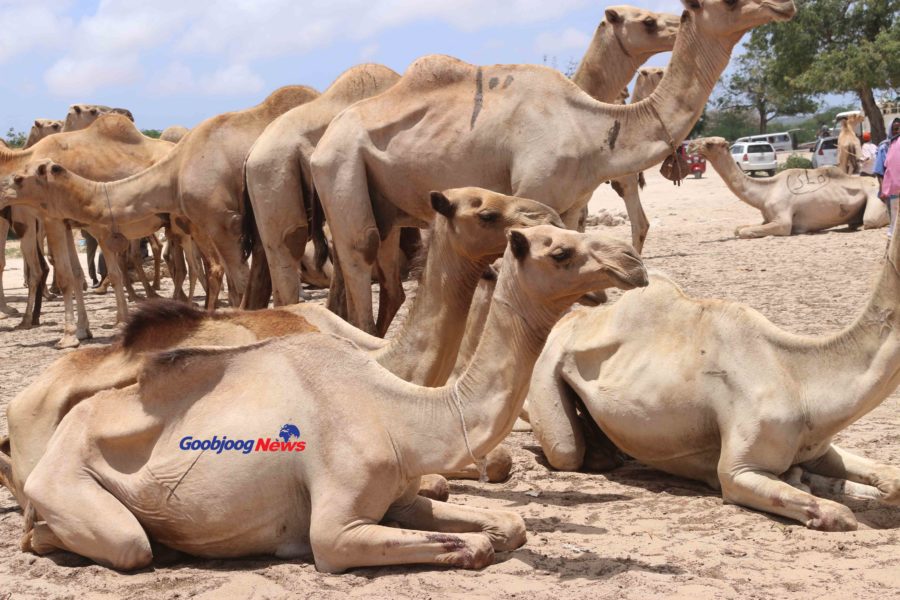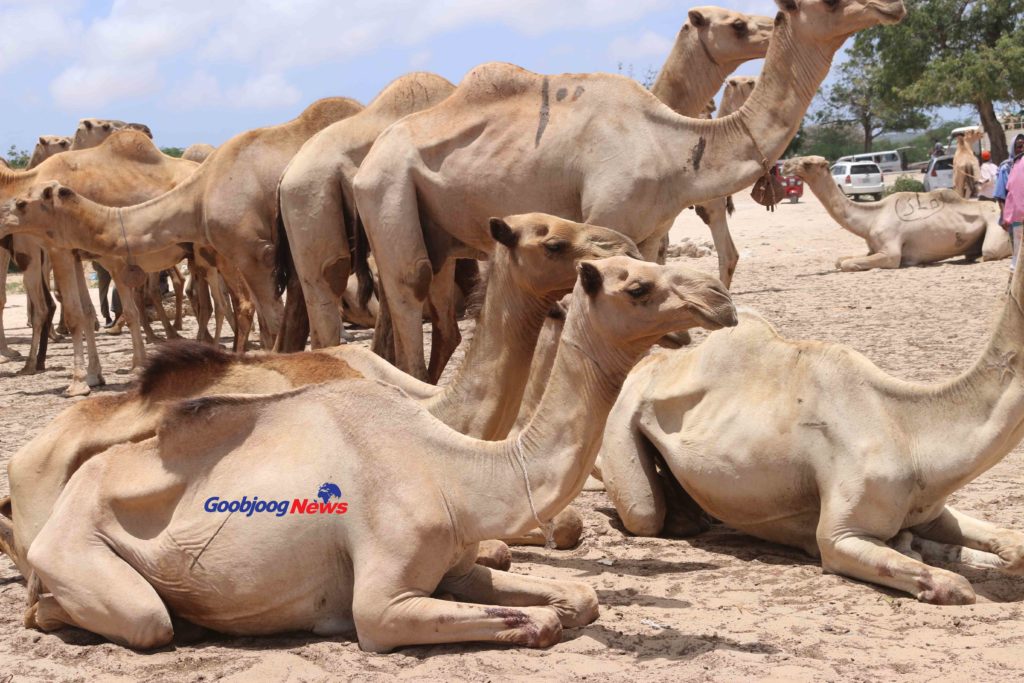IGAD countries to open borders for livestock

Somalia alone has an estimated 53 million stock of animals and out of this, 7.1 million are camels, the highest than any other country in the world.

By FAUXILE KIBET
Pastoralists within the Inter-Governmental Authority on Development (IGAD) member states will soon be able to move their livestock across borders in search of pasture following a new deal agreed on Tuesday.
IGAD member states who met in Naivasha, Kenya agreed to fast track the ratification of the protocol so that the livestock corridors can be opened up as soon as possible.
The meeting which was organized by the Center for Pastoral Areas and Livestock Development (ICPALD), IGAD’s specialized institution for pastoral areas and livestock development was meant to discuss and draw up a draft Protocol which aims to address threats and challenges that affect pastoral ecosystems within IGAD member states.
Adan Yusuf Haji, the chairman of the Kenyan parliament’s Livestock Sub-sector Committee Haji said that movement of livestock by pastoralists, which have been identified as one of the major causes of conflict in the region has been attributed to lack of pasture and water.
“Currently we have close to 1 million cattle from Kenya grazing in Moroto area of Uganda, and this is part of achieving this transhumance protocol,” said Mr. Haji.
He added that IGAD member states should move with speed and ratify the protocol saying that the opening of the livestock protocol will be one way of resolving cattle rustling and other related conflicts.
Participants who spoke during the event underscored the need for the protocol and that migration in search of pastures and water is paramount to the very survival of transhumant pastoralist communities.
According to Japhet Kasimbu, a transhumance expert from the IGAD Secretariat the region has over 500 million livestock that rely on pastures and water from neighboring countries.
Somalia alone has an estimated 53 million stock of animals and out of this, 7.1 million are camels, the highest than any other country in the world.
“This process started back in 2011 when the Horn of Africa lost hundreds of livestock due to drought and we decided to work on pastoral community mobility for water and pastures,” he said.
The protocol which is expected to be adopted by mid-2019 will address the issue of accountability and cattle rustling, which has been a thorn in the flesh for communities around border towns.
“Under the agreement, livestock will be tagged, making it easier to track them and arrest the culprits in case of any incident of rustling,” Mr Kasimbu added.